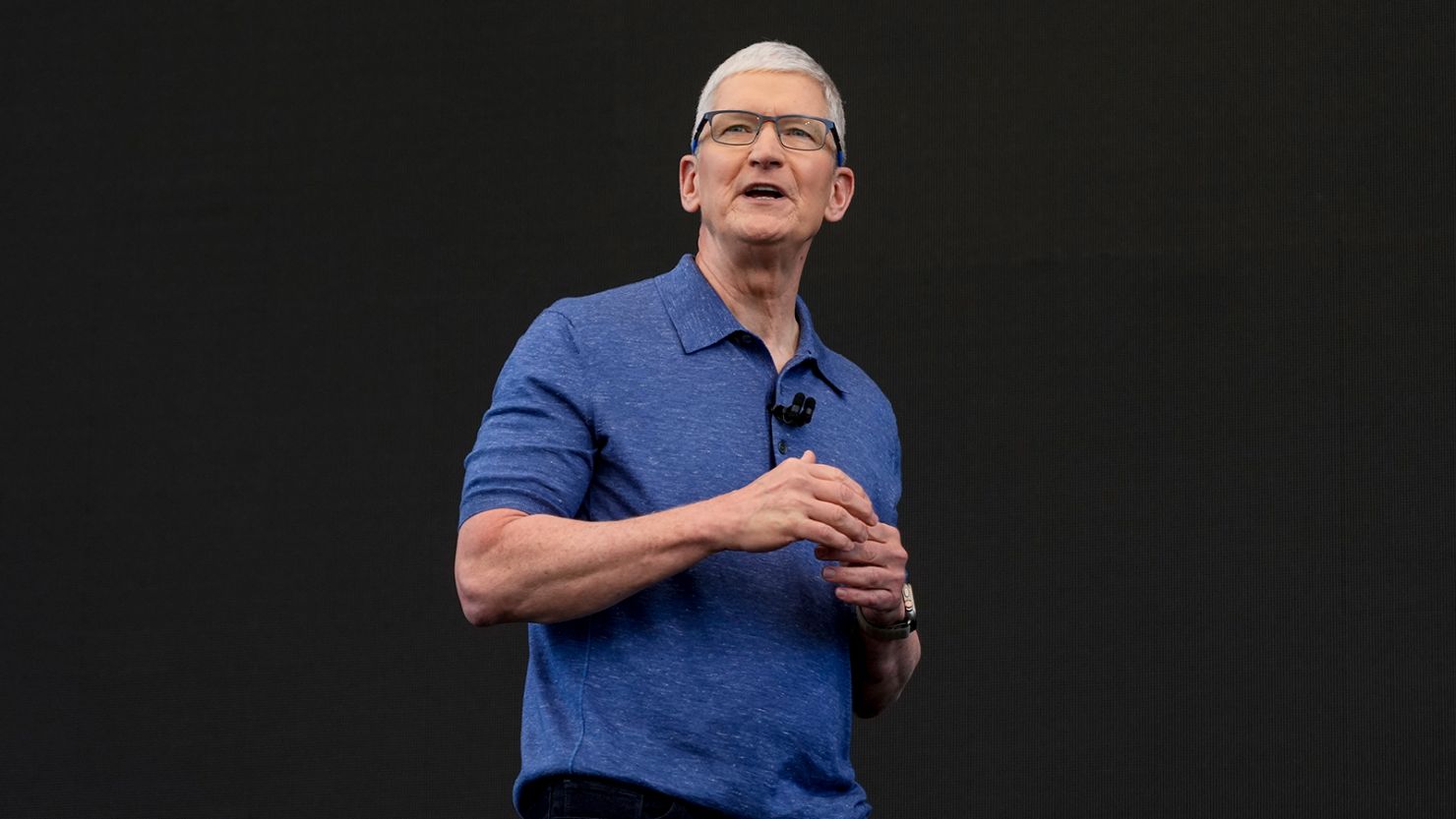The US House on Monday passed legislation to crack down on the proliferation of AI-generated non-consensual pornography, also known as deepfake revenge porn, sending the bill to President Donald Trump’s desk for his signature. The bill, which passed on a 409-2 vote after unanimous approval in the Senate in February, criminalises the increasingly common phenomenon of deepfake pornography, which law enforcement has struggled to keep up with due to loopholes in existing law. The most common victims of AI-generated pornographic images are young girls, according to experts.
Trump has pledged to sign the bill. First lady Melania Trump personally lobbied Congress on the legislation, and she called its passage "a powerful statement that we stand united in protecting the dignity, privacy, and safety of our children.” Most major tech companies, including Meta Platforms Inc, X Corp, and Alphabet Inc’s Google, support the bill, which requires social media networks to remove non-consensual intimate imagery within 48 hours of a victim’s request and take steps to limit the spread of that content.

"Having an intimate image – real or AI-generated – shared without consent can be devastating,” Meta spokesperson Andy Stone said in a statement supporting the legislation. Texas Republican Senator Ted Cruz, who co-sponsored the original version of the bill, called the legislation historic. "We are sparing victims from repeated trauma and holding predators accountable,” he said in a statement.
Congress has struggled to pass other bills aimed at making the Internet safer for young people. The Kids Online Safety Act stalled amid opposition from House Republican leadership and lawmakers. But the Take It Down Act, which addresses a narrower set of concerns, proved easier to pass.
– Bloomberg.
Technology

Deepfake revenge porn bill heads to Trump for his signature

The bill, which passed on a 409-2 vote after unanimous approval in the Senate in February, criminalises the increasingly common phenomenon of deepfake pornography, which law enforcement has struggled to keep up with due to loopholes in existing law. Read full story














